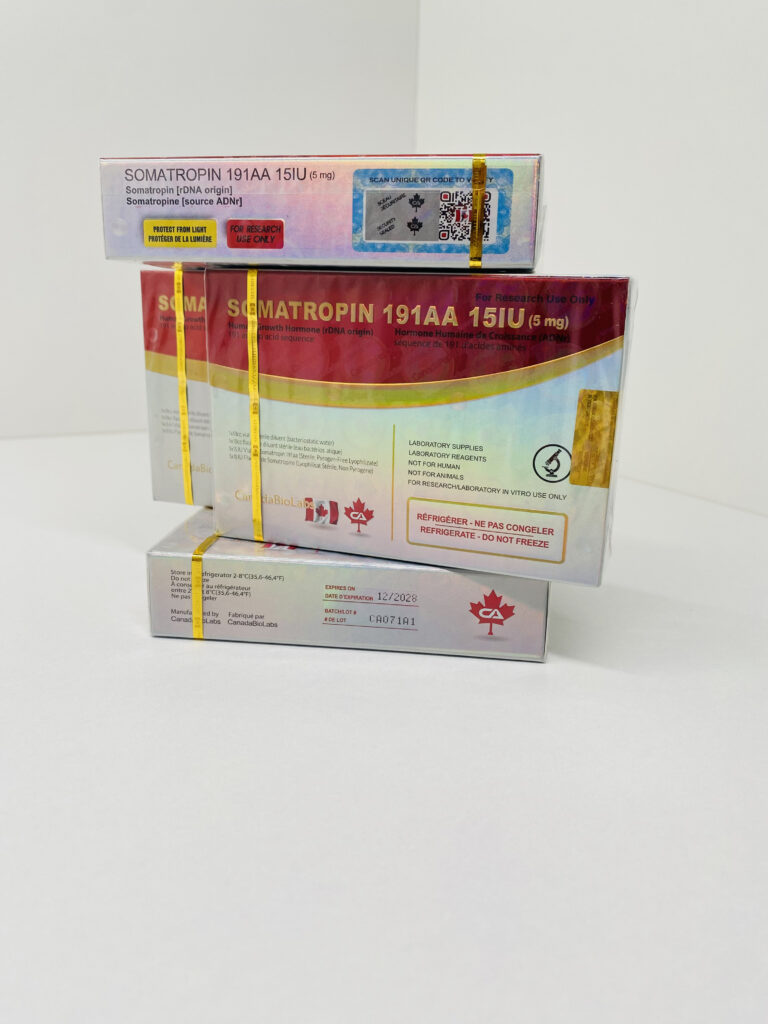Understanding Human Growth Hormone (HGH)
Human Growth Hormone (HGH), also known as somatotropin, is a crucial hormone produced by the pituitary gland. It plays a central role in regulating growth, cell repair, metabolism, and body composition. HGH secretion is highest during childhood and adolescence, promoting linear growth and development. However, it continues to be produced throughout adulthood, albeit in smaller quantities, contributing to various physiological processes, including muscle growth and maintenance.
Mechanisms of Action
HGH exerts its effects on muscle growth through multiple mechanisms. One of the primary pathways involves the stimulation of insulin-like growth factor 1 (IGF-1) production in the liver and other tissues. IGF-1 acts as a mediator of many of the anabolic effects of HGH, including protein synthesis and muscle hypertrophy. Additionally, HGH directly enhances amino acid uptake and protein synthesis in skeletal muscle cells, further promoting muscle growth.

The Anabolic Effects of HGH
Numerous studies have demonstrated the anabolic properties of HGH on skeletal muscle. Research shows that HGH supplementation can increase muscle protein synthesis, leading to enhanced muscle mass and strength. Moreover, HGH has been shown to promote the differentiation and proliferation of muscle satellite cells, which play a crucial role in muscle repair and regeneration. These findings suggest that HGH not only stimulates muscle growth but also aids in muscle recovery and repair following exercise or injury.
HGH and Exercise
Exercise has been found to synergize with HGH in promoting muscle growth. Resistance training, in particular, has been shown to enhance the anabolic effects of HGH on skeletal muscle. Studies indicate that combining HGH supplementation with resistance exercise can result in greater gains in muscle mass and strength compared to exercise alone. Furthermore, HGH may improve exercise performance by increasing muscle glycogen stores and enhancing fat utilization during prolonged physical activity.
The Role of Nutrition
Proper nutrition is essential for maximizing the muscle-building effects of HGH. Adequate protein intake is particularly crucial, as amino acids are the building blocks of muscle tissue. Consuming a balanced diet rich in high-quality proteins, carbohydrates, and healthy fats can support muscle growth and optimize HGH function. Additionally, certain nutrients, such as arginine and glutamine, have been shown to enhance HGH secretion and may further augment its effects on muscle growth when combined with exercise.
Potential Risks and Side Effects
While HGH has significant potential benefits for muscle growth, it is not without risks. Excessive or prolonged use of HGH can lead to adverse effects, including insulin resistance, joint pain, fluid retention, and acromegaly (enlargement of the extremities). Furthermore, the use of HGH without medical supervision or a valid prescription is illegal and may result in legal consequences.
Conclusion
In conclusion, Human Growth Hormone plays a pivotal role in muscle growth and development. Its anabolic properties, coupled with proper nutrition and exercise, can lead to significant gains in muscle mass and strength. However, it is essential to use HGH responsibly and under the guidance of a qualified healthcare professional to minimize the risk of adverse effects. By understanding the mechanisms of action and potential risks associated with HGH use, individuals can harness its muscle-building benefits while prioritizing their overall health and well-being.
